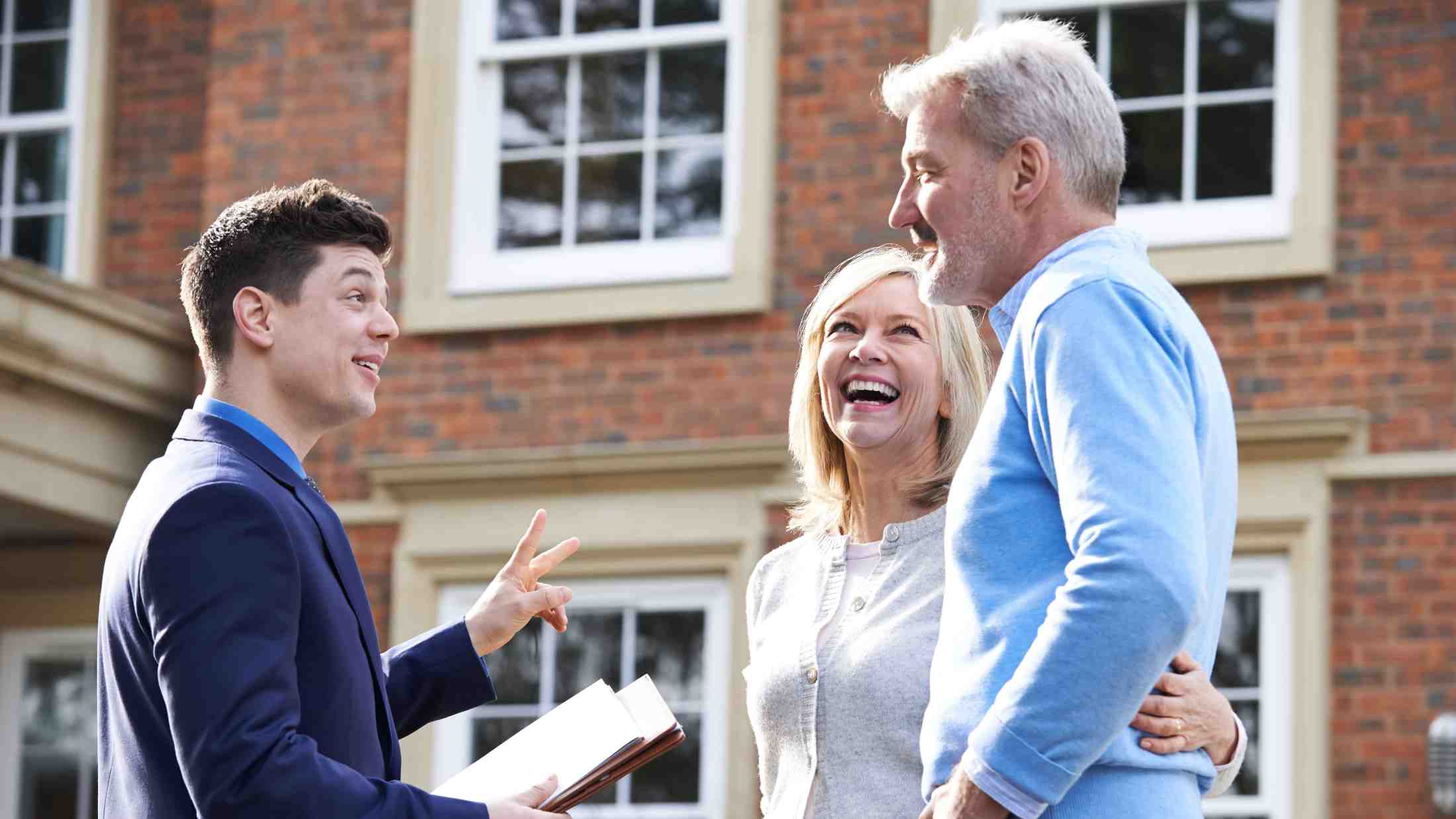Renting or buying a house is a big deal. And there’s advantages and disadvantages to both options. We take a look renting versus buying to help you make the right choice.
Benefits of buying a house
Buying a house is something that many people aspire to. Having a place to call your own certainly has it’s benefits, and here’s just a few:
- When you fully pay off your mortgage, you’ll be the sole owner. It’s all yours, no matter what.
- If, over time, your home increases in value, this extra profit can be used to help you climb up the property ladder.
- In the long run, buying a home can often work out cheaper as your monthly mortgage repayments may be lower than your monthly rent.
- Your deposit for your home acts as an investment, so by investing a larger deposit you can bring your monthly repayments even lower.
- As a homeowner, you won’t have to worry about putting up with rules and restrictions from landlords. You can decorate or remodel as you see fit, and have children or pets live the property.
- Security is one of the biggest benefits of buying a house. As a homeowner you won’t be at risk of having to move out due to a rental agreement.
- Over time, your credit score will also improve as a result of consistent monthly mortgage repayments.
Disadvantages of buying a house
As great as it is, owning your own home also has its drawbacks to consider. These include:
- It’s a big commitment and can be fairly expensive. You’ll want to make sure you can afford it both now and in the future.
- You may have to scale back your disposable income as you save up for your deposit. This means cutting out things such as holidays, nights out and new cars in the short-term.
- The average house price in the UK is over £200,000. Saving up that deposit will take time, so you’ll want to make sure it’s the right move for you.
- If you’re on a variable rate mortgage, when interest rates rise, your monthly mortgage payments will also rise.
- If you ever decide it’s time to move, selling a house can be difficult, depending on the market conditions.
- You’re fully responsible for any repairs and maintenance costs, such as a broken boiler.
- If you jointly own a house and you and your partner separate, it can be difficult and expensive to determine what is going to happen with the property.
- Selling your house and moving can be less flexible and more expensive than renting as there are likely to be estate agent fees and legal costs to pay.
- As a homeowner it will be your responsibility to take out a buildings insurance policy to cover the property.
Benefits of renting
Renting is another option for anyone looking to find a new place to live. It offers its own advantages that you wouldn’t get as a homeowner. These include:
- There is much more flexibility to move when you’re renting as tenancy contracts will not usually exceed a 12 month period. This means that if you decide to move on from the property for any reason, you won’t have to deal with selling it.
- Renting gives you a wide variety of choices when choosing somewhere to live. This means you’ll have the chance to explore different areas and locations.
- Should anything go wrong in your rental property, your landlord is responsible for covering the cost of any required repairs and maintenance, and paying any landlord insurance premiums.
- There are minimal upfront costs when renting which can leave you with more disposable income in the short-term.
- Should you need to move quickly for any reason – for example, separating from a partner or being relocated with your job – arranging this is easier when renting.
- The cost and overall process of getting on the rental ladder is much easier than buying a property.
- Rental properties must conform to certain health and safety standards.
Disadvantages of renting
Similarly, there are also disadvantages when it comes to renting that you’ll need to consider, such as:
- The landlord’s permission is generally needed for you to make cosmetic changes in the property.
- Some landlords will not rent to tenants with children.
- Many landlords do not allow pets in their rental property.
- Renting doesn’t give you any return on investment after the lease has ended, so many can feel as though they are just throwing money away.
- You run the risk of having a bad landlord who doesn’t adhere to their responsibilities.
- Rent prices have risen in recent years, and some landlords may be prone to overcharging.
- If the landlord decides to sell the property, you will most likely have to move out.
Making the right choice
There are many advantages and disadvantages to both renting and buying a property. It’s important to take your time. Weigh up both options and find the one that works for you. Making the right choice will help set you up for the long-term — and help you find the perfect place you’ll be proud to call your home.
Whether you decide to rent or buy, make sure you're protected with AXA home insurance.









